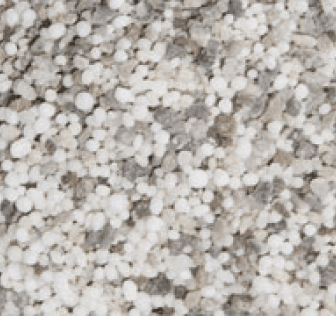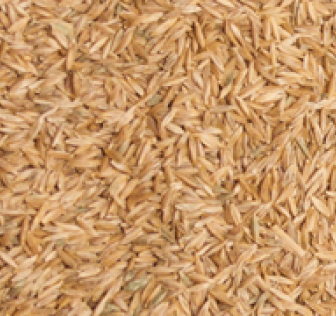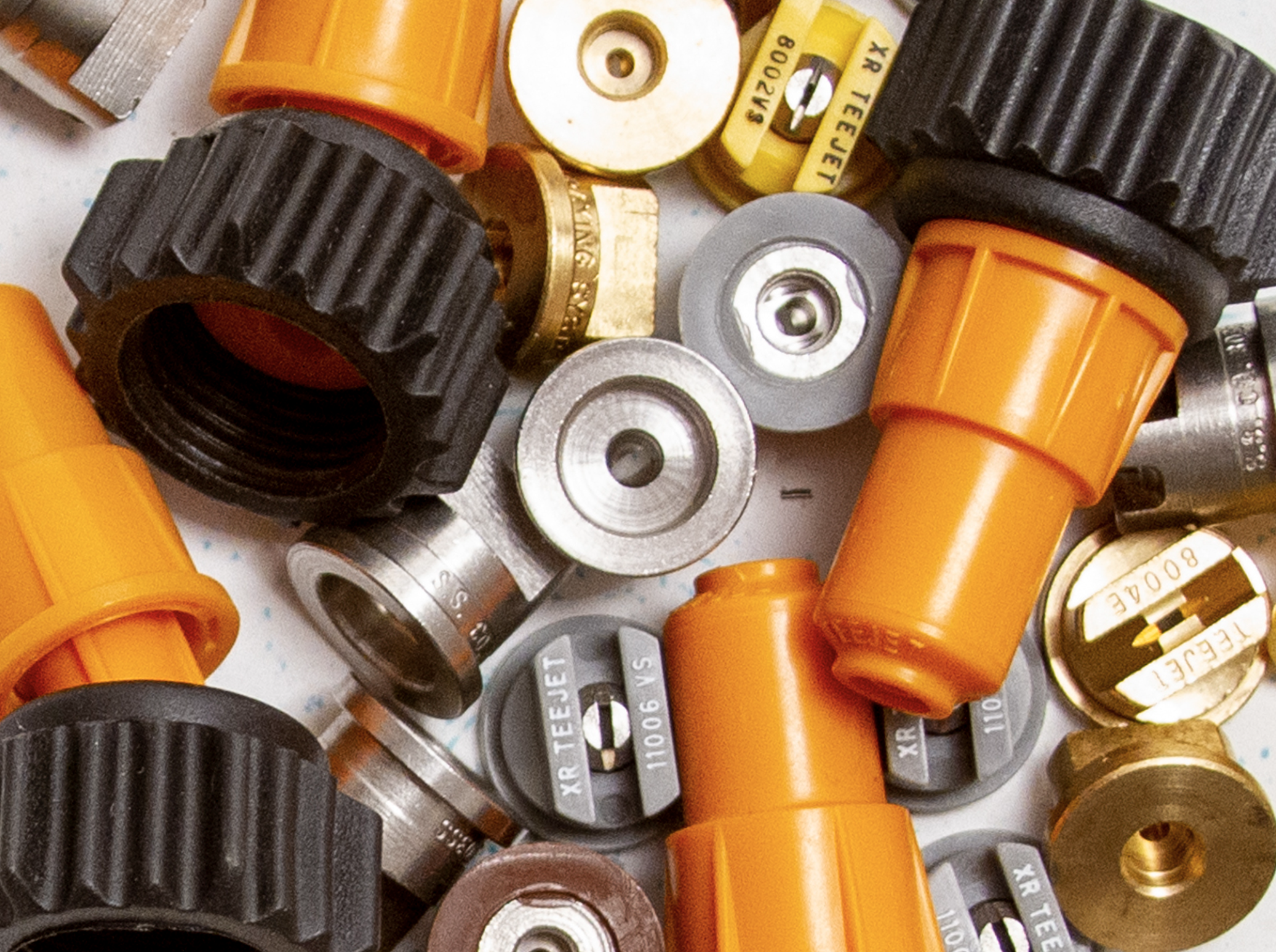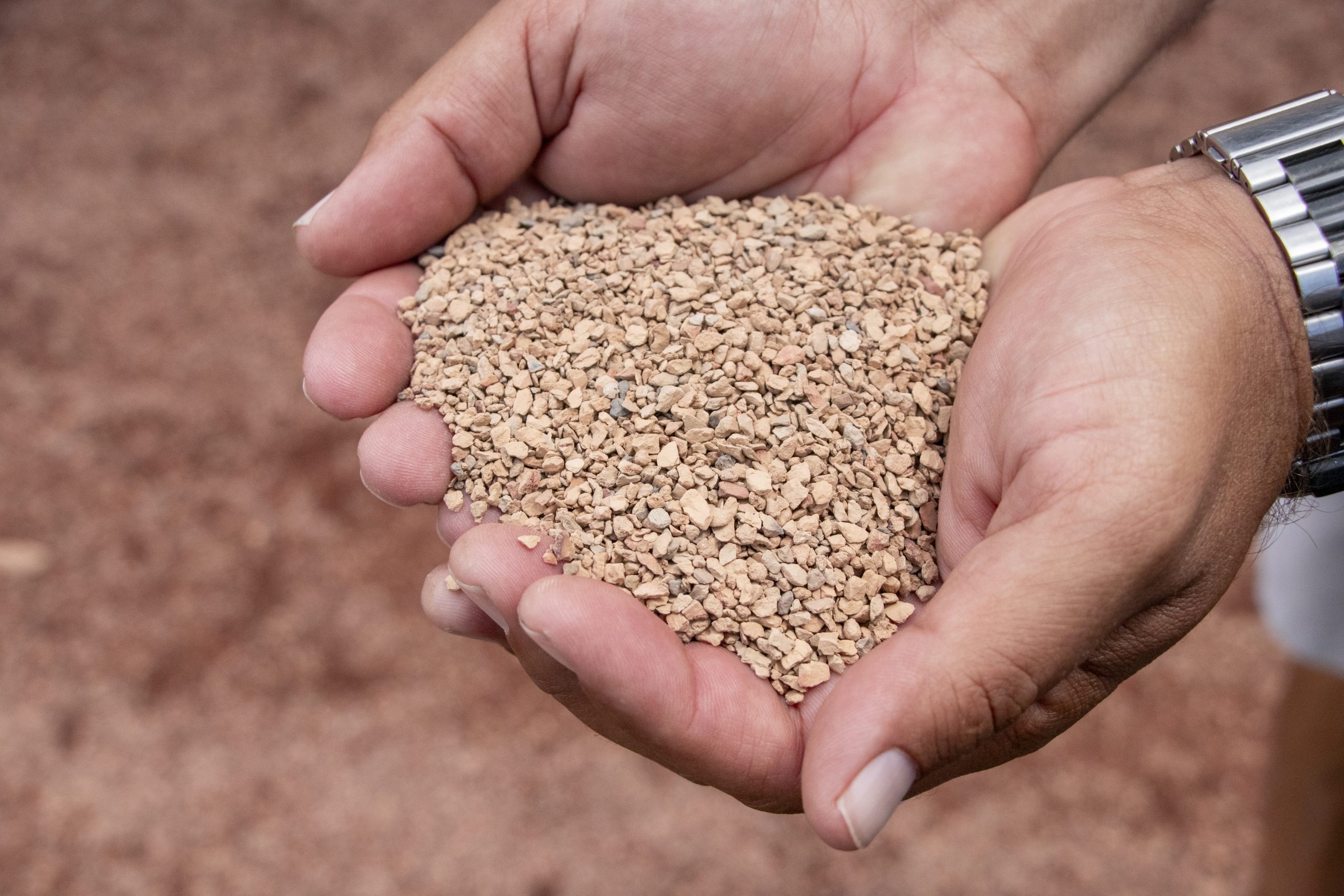When soils are functionally balanced, the soil biological community is constantly working hard, not only to meet the plant’s short-term nutritional needs but also to enhance the soil microenvironment to ensure plant health in the long term. As managers of turf, we are sometimes either impatient or feel obligated to catalyze many of these naturally occurring processes with the intention of improving plant health. It is the unintentional consequences that sometimes can work against us.
Plant Health
Plant health is a direct function of the soil environment that immediately surrounds the roots – i.e. the rhizosphere. This dynamic zone is where critical interactions between plant and biology take place. Plants exchange exudates, rich in sugars, amino acids, and organic acids providing food for microorganisms. They return the favor by supplying essential nutrients directly back to the plant. Along with plant exudates, microbes depend on both nitrogen and carbon for energy and for building structural components. The storehouse for both carbon and essential nutrients is soil organic matter. The ability of microorganisms to slowly decompose active organic residues is important in mineralizing essential nutrients, but also critical in the production of humus, that part of organic matter that is impervious to additional decomposition. Humus can dramatically improve structure, increase nutrient exchange capacity, and enhance the water holding capacity of soils. Humus also provides important soil buffers to protect plant roots from soil pathogens and parasites.
Maintaining balanced soil carbon is the buffer that regulates the decomposition rate of organic residues by microbes, all the while protecting the mutualistic relationship with the plant. Excess applications of synthetic fertilizer reduces plant exudate production and can diminish the importance of naturally occurring, nitrogen-fixing bacteria. Without the benefit of plant exudates, microorganisms will begin feeding on exogenous soil nitrogen and begin the process of aggressively decomposing organic residues. Rapid breakdown of organic residues results in the volatilization of carbon (carbon dioxide) and nitrogen (ammonia) in favor of stable soil carbon, nitrogen and other humic substances beneficial to plant and soil health. The rapid recycling of carbon eventually results in a depleted soil, unable to sustain a balanced, functional, biological community. Additional synthetic nitrogen applications will only serve to provide minimal plant uptake and dramatically increase nutrient loss through leaching. This condition is commonly referred to as “soil nitrogen burn-out.”
Soil Carbon: Nitrogen
Managing the ratio of soil carbon to nitrogen is the key in controlling the process of building valuable soil organic matter and protecting the important contributions of rhizobacteria and other beneficial microbes. The ideal soil C:N ratio is 20:1, making carbon based inputs the dominate player in building a balanced soil. All natural organic and synthetic organic fertilizers have a carbon component, but not all meet the ideal soil C:N ratio. Meals are predominantly protein (16% nitrogen) and have a C:N ratio of 6:1, which favors excess nitrogen accumulation in the soil. Sludge is typically cooked at high temperatures, striating proteins and making them virtually unavailable as an acceptable carbon source. A good humified compost organic has a favorable C:N ratio (20:1), along with the added benefit of containing natural living biology (i.e. bacteria, fungi, protozoa, beneficial nematodes).
Healthy Grow contains a poultry compost derived from Pearl Valley egg production in Pearl City, IL. The indoor composting process is what separates the Healthy grow product from others; producing a clean, granulated (90-180 SGN), homogenous, ammonia-free product that is very user and soil friendly. The base compost is 90% organic (OMRI certified). It contributes a beneficial amount of carbon, as well as organic sources of phosphorus, potassium, calcium and other minerals. This makes an ideal product that energizes and balances depleted soils. The combination of these two products provides all the benefits of a well-composted organic fertilizer along with the diverse living biology, additional food, and soil-building supplements contained in Holganix.These products will give you a perfect opportunity to experience the biological enhancement of Holganix, combined with a sustainable food source and additional soil building benefits of carbon, ultimately making the soils work for us.
Advanced Turf Solutions is carrying three Healthy Grow + Holganix products:
HG 10-3-2 + Holganix
HG 8-3-5 + Holganix
HG 2-4-3 + Holganix












